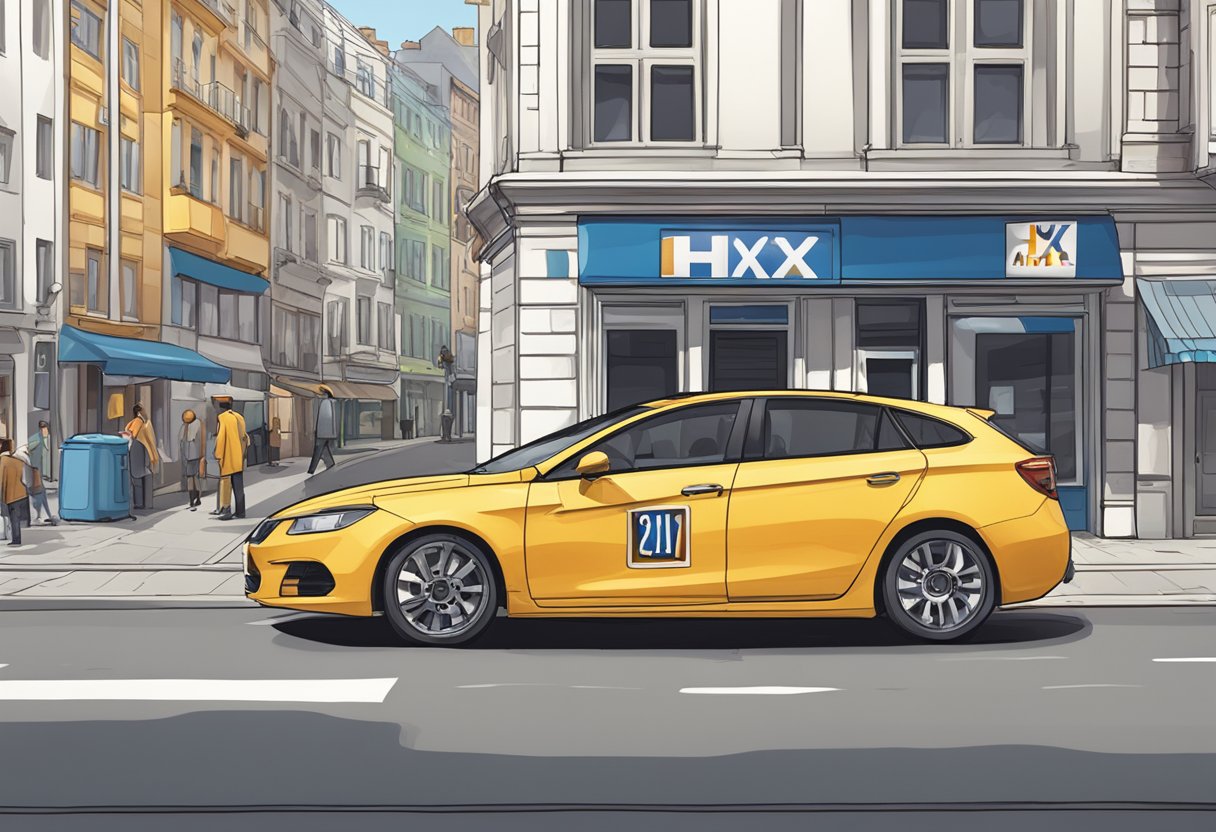Latest Updates on Chinese EV News: Trends, Innovations, and Market Dynamics
The Chinese electric vehicle (EV) market continues to lead the global industry with rapid innovation, policy shifts, and competitive dynamics. In this article, we explore the latest Chinese EV news, focusing on the most pertinent developments that are shaping the industry today.

Latest Updates on Chinese EV News: Trends, Innovations, and Market Dynamics
The electric vehicle landscape in China is rapidly evolving, driven by government policies, technological advancements, and shifting consumer preferences. Let's dive into the latest Chinese EV news, exploring significant trends, key players, and upcoming innovations.
1. What Are the Latest Policies Impacting Chinese EV Development?
As of late 2023, the Chinese government has introduced several policies aimed at promoting electric vehicle adoption. One significant regulatory change has been introduced to phase out subsidies, pushing manufacturers to innovate and reduce prices through advancements in technology. The target is to make EVs more accessible to mainstream consumers.
The government has also expanded charging infrastructure by investing in thousands of new stations across urban and rural areas, promoting the development of fast-charging technology. Furthermore, the introduction of stricter emissions laws for gasoline vehicles has reinforced the government's commitment to the EV sector.
2. Which Companies Are Dominating the Chinese EV Market?
In the fiercely competitive Chinese EV market, several companies stand out:
- BYD: A pioneer in the industry, BYD has expanded its EV offerings across various segments, from passenger cars to commercial vehicles. In Q3 2023, BYD reported record sales, further solidifying its position as China’s leading EV manufacturer.
- NIO: Known for its innovative battery swapping technology, NIO is continually evolving its product lineup and enhancing its customer services, such as autonomous driving features. Recent news indicates NIO is preparing to launch more affordable models aimed at broader consumer demographics.
- Xpeng: Focusing on smart technology integration, Xpeng has rolled out its latest model featuring advanced driver-assist technology, making headlines worldwide. The company aims to expand its market share not only in China but also in Europe and North America.
- Geely: With strategic partnerships and investments in battery tech, Geely is rapidly increasing its EV production capacity, positioning itself as a formidable player against established brands.
3. What Technological Innovations Are Emerging in Chinese EVs?
Chinese EV manufacturers are investing heavily in R&D to keep pace with global competitors. Notable innovations include:
- Battery Technology: Chinese companies are at the forefront of developing next-gen battery technologies, including solid-state batteries, which promise to offer increased energy density, safety, and faster charging.
- AI and Connectivity: Many EVs are being equipped with AI capabilities for enhanced user experience, including adaptive navigation systems and personalized driver profiles, making use of big data to improve overall performance.
- Autonomous Driving: Firms like Baidu and Didi are advancing their autonomous vehicle technology, with pilot programs implemented in major cities, aiming to enhance public acceptance and regulatory approval.
4. How Is the Global Market Responding to Chinese EV Innovations?
The rapid progress of the Chinese EV industry has prompted international automakers to reevaluate their strategies. Numerous Western manufacturers are now looking to collaborate with Chinese firms or invest in local production to remain competitive in the EV space. The increased capability and infrastructure in China have caught the attention of many companies eager to learn from the innovations and efficiencies present in the Chinese EV ecosystem.
5. What Are the Consumer Trends Shaping the Chinese EV Market?
Chinese consumers are also becoming more discerning. Environmentally conscious purchasing is on the rise, driven by growing awareness of climate issues. As a result, manufacturers are increasingly focusing on sustainability, carbon footprints, and recyclable materials in EV production.
Moreover, there is a notable preference for smart technology features within vehicles, making innovation a key selling point. Automakers that provide comprehensive ecosystems including vehicles, charging, and maintenance services are likely to capture more market share.
6. What Are the Challenges Facing the Chinese EV Industry?
Despite its rapid growth, the Chinese EV market faces several challenges:
- Supply Chain Issues: Global semiconductor shortages and battery material supply constraints are affecting production timelines and costs. Companies are actively seeking solutions to mitigate these issues.
- Regulatory Environment: While the government policies are largely supportive, the new regulations can create uncertainties for manufacturers as they adjust to ongoing changes.
- Competition: Increased competition within the domestic market can create oversupply issues, leading to price wars and potential market instability.
Conclusion: The Future of the Chinese EV Market
The future of Chinese electric vehicles remains promising as innovations continue to emerge and consumer demand grows. With proactive government policies, robust competition, and ongoing investments in technology, the Chinese EV market is set to redefine transportation not only in China but across the globe. Stay tuned for more updates as we continue to monitor the dynamic landscape of Chinese EV news.
New posts

Understanding the Model X Refresh: What You Need to Know
Tesla

Everything You Need to Know About the Xiaomi Car: Specs, Features, and Market Impact
Xiaomi

Understanding Model Y Wait Times: What to Expect in 2023
Tesla

Exploring AI Day at Tesla: Innovations, Insights, and Future Prospects
Tesla

Cathie Wood Latest: Insights into Her Investment Strategy and Market Moves
Investment

Exploring the Geely Radar RD6: All You Need to Know
Automotive

Understanding the Zeekr X Price: What You Need to Know
Electric Vehicles

Understanding the Tesla Model Y Performance: A Comprehensive Guide
Tesla

Exploring the Ford VW MEB Platform: A Deep Dive
Volkswagen

Exploring the Spaciousness of the Model Y Trunk Space: Everything You Need to Know
Tesla
Popular posts

Everything You Need to Know About NIO Registrations: A Comprehensive Guide
Sustainability

BYD Seal: Unraveling the Future of Electric Mobility
Sustainability

Unveiling the Xiaomi SU7 EV Lei: What You Need to Know
Xiaomi

Exploring the Ford VW MEB Platform: A Deep Dive
Volkswagen

Everything You Need to Know About Tesla EV: Questions Answered
Tesla

Unlocking the Future: BYD Solid State Battery Technology Explained
Innovation

Understanding NIO Pricing: A Comprehensive Breakdown
Electric Vehicles

Tesla Market Share: Current Trends and Future Projections
Tesla

What You Need to Know About Tesla FSD 12: Features, Advancements, and User Experiences
Innovation

Cathie Wood Latest: Insights into Her Investment Strategy and Market Moves
Investment